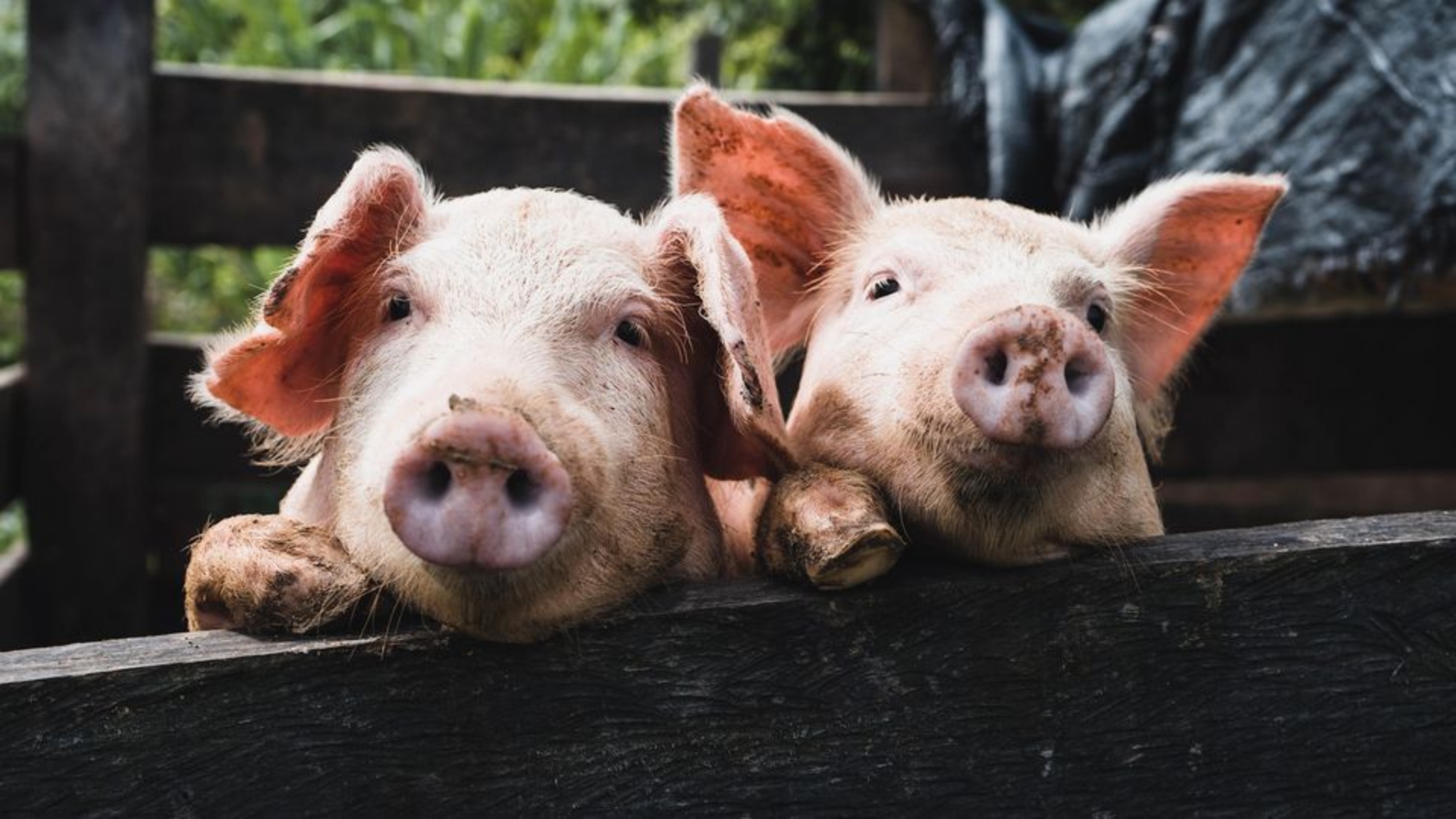A research indicates that humans transmit more viruses to animals than they do to humans.

Some of us are scared to get viruses from animals but the truth is, it is vice versa.
Based on an analysis of viral genomes, researchers at UCL have shown that people carry more viruses to animals than we do.
A study that examined almost 12 million viral genomes discovered that people are frequently thought of as virus sinks rather than sources. The researchers discovered that, rather than the other way around, anthroponosis happens when viruses are assumed to be transmitted from humans to other species. More animal-to-animal host leaps without human involvement were also discovered. This demonstrates that, rather than serving as a reservoir for zoonotic insects, human viruses are frequently transmitted from humans into domestic and wild animals.

"By surveying and monitoring transmission of viruses between animals and humans, in either direction, we can better understand viral evolution and hopefully be more prepared for future outbreaks and epidemics of novel illnesses, while also aiding conservation efforts."
According to the study, when viruses switch hosts, their genetic makeup alters more than when they evolve alongside a single host species. Weaker adaptive signals are seen in viruses with a wide range of host species, which may indicate more comprehensive or broader features.
Cedric Tan, a PhD candidate, cautions that animals that contract human viruses may become ill and thus endanger wildlife protection. Human health and food security may also be impacted by this. A virus that infects a new species of animal may spread and develop new adaptations or continue to survive. Comprehending this could aid in comprehending viral illnesses.
The initial stage of a virus's infection of a host is typically thought to be cell entrance. The fact that many of the host jump adaptations were not present in the viral proteins that allow the viruses to bind to and penetrate host cells, however, suggests that viral host adaptation is a complicated process that is still not well understood.
Co-author Dr Lucy van Dorp (UCL Genetics Institute) said: "Our research was made possible only by the countless research teams that have openly shared their data via public databases. The key challenge, moving forward, is to integrate the knowledge and tools from diverse disciplines including genomics, epidemiology, and ecology to enhance our understanding of host jumps."
Via Science daily
